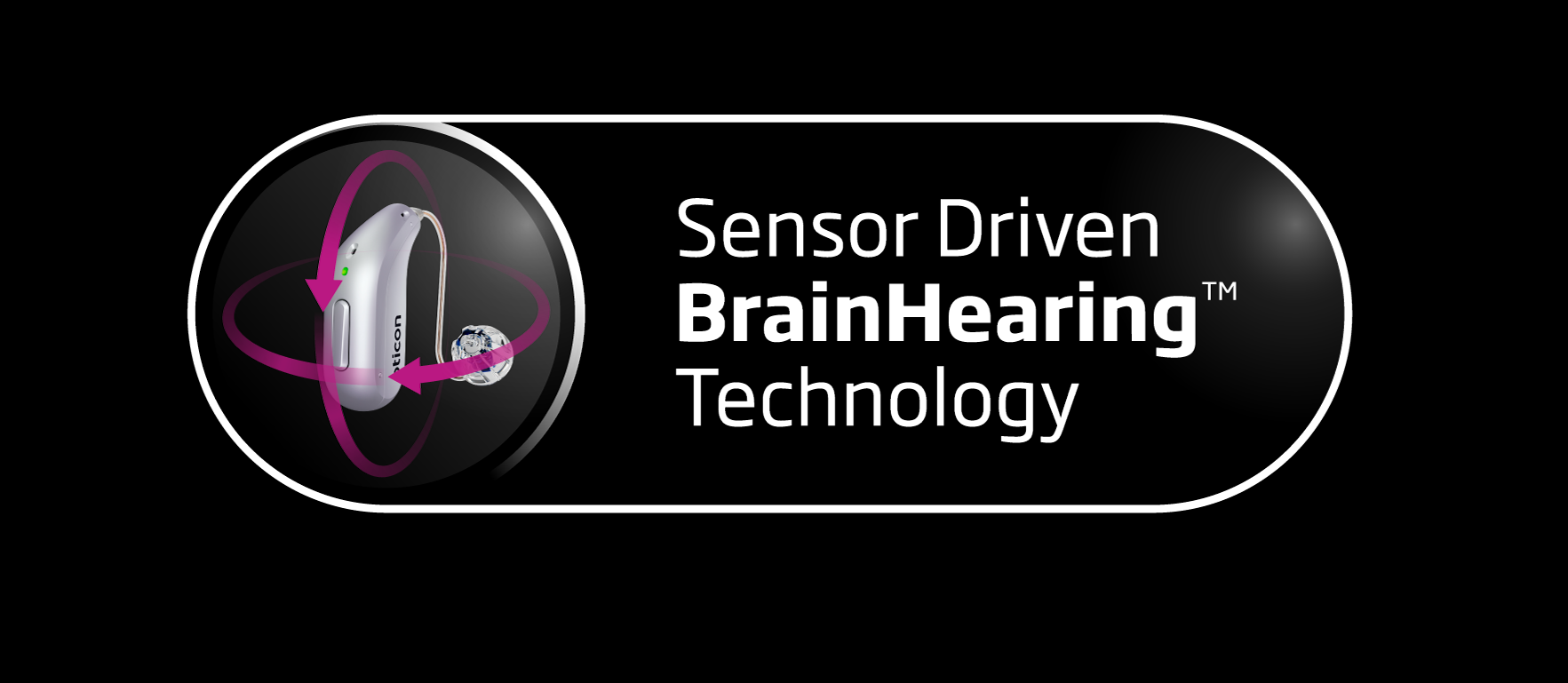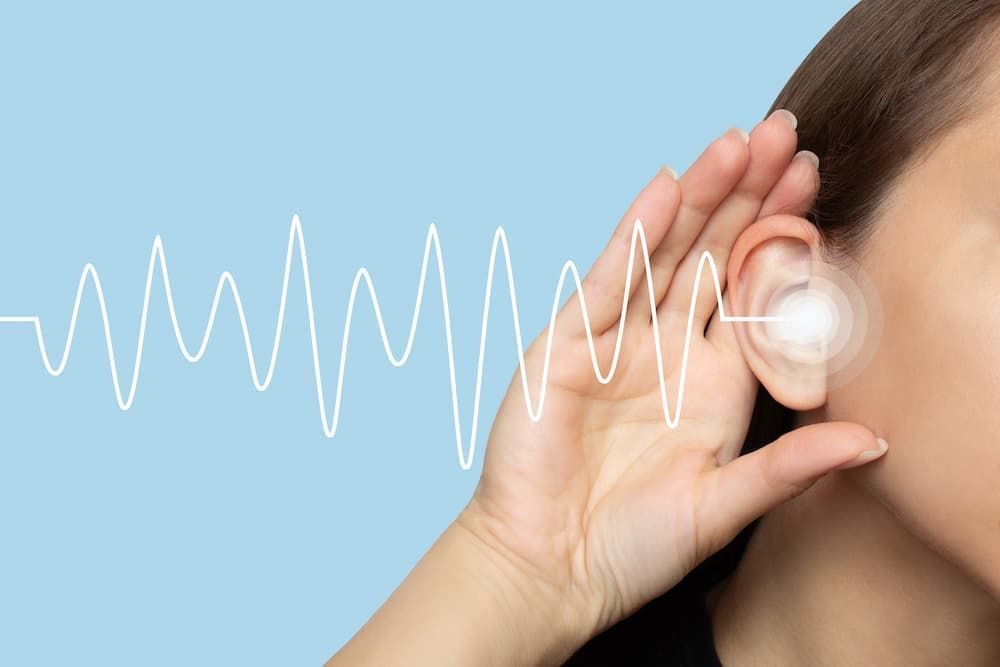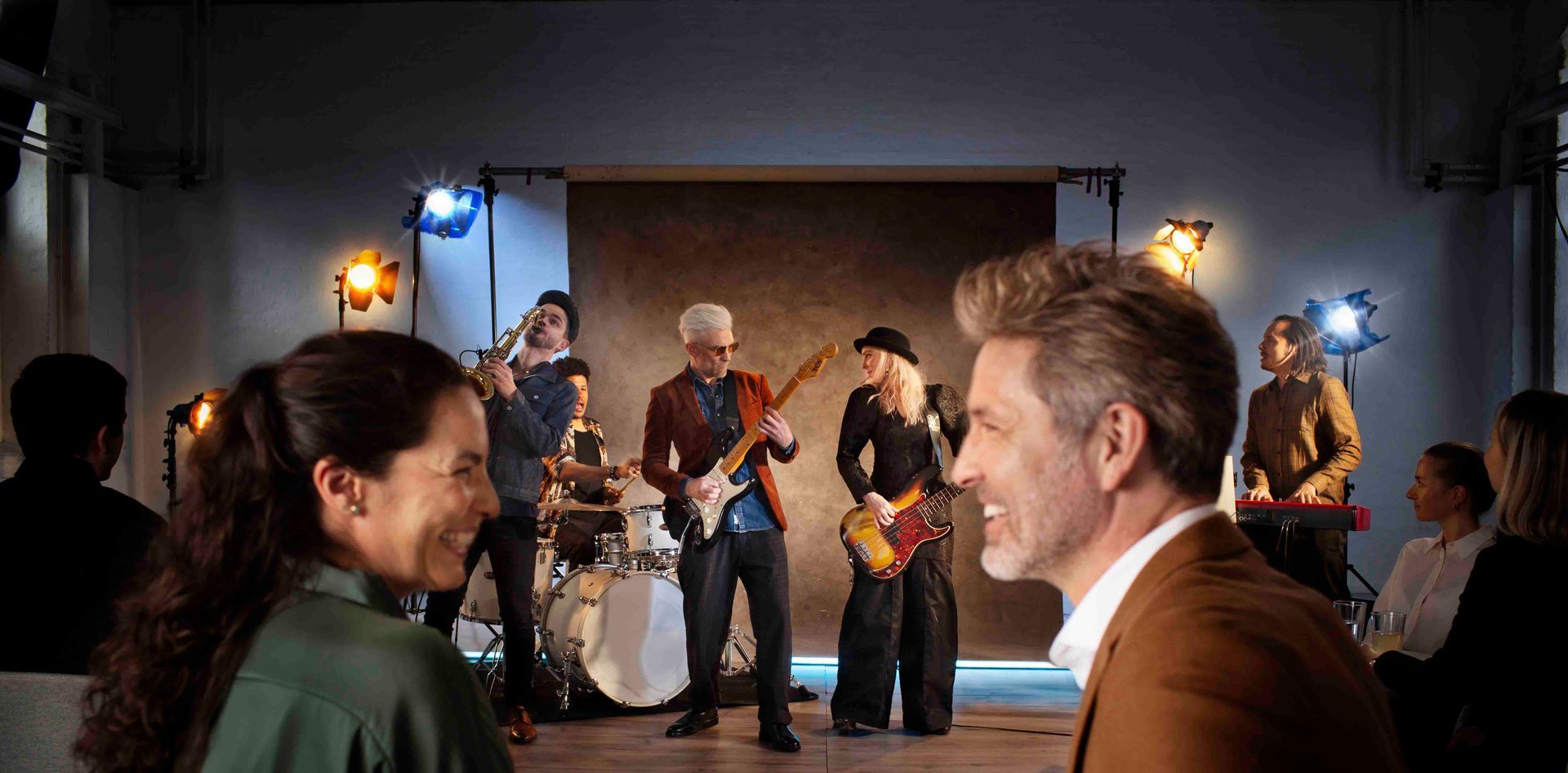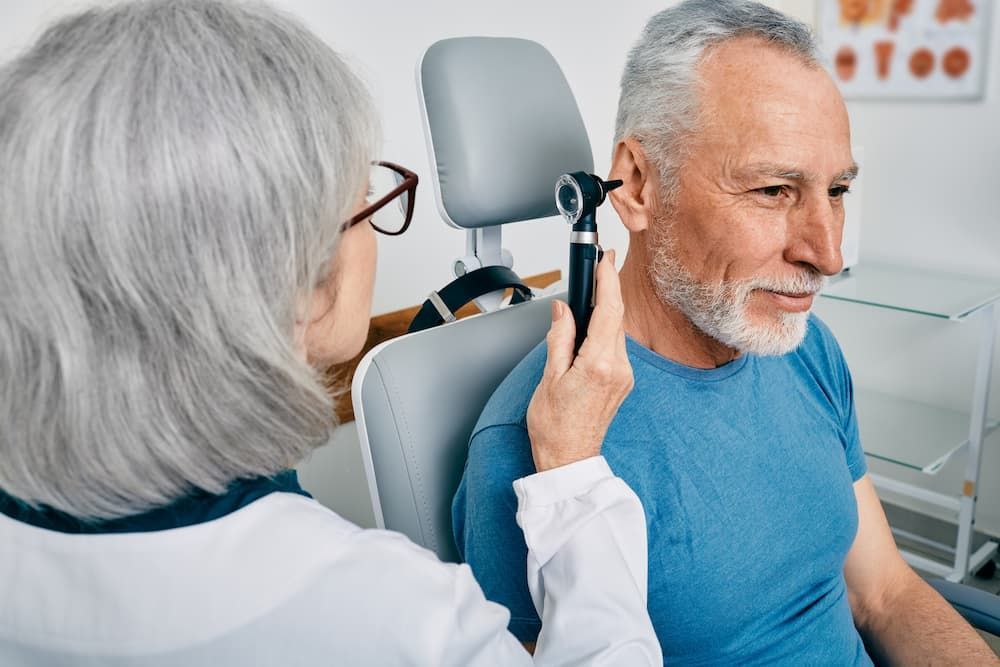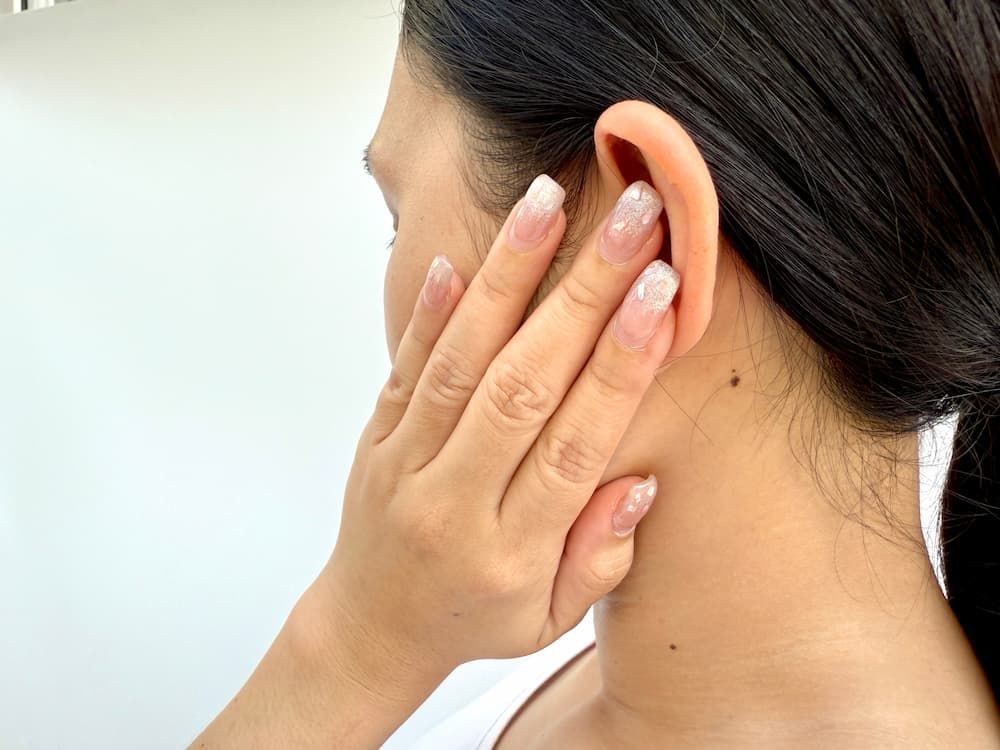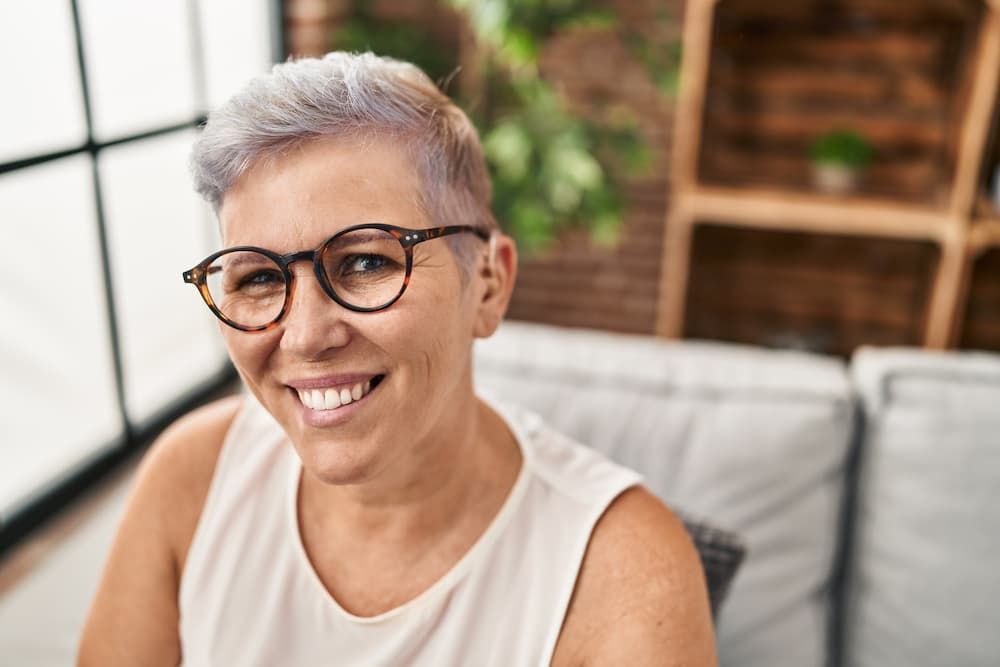What Does It Take to Be an Audiologist?
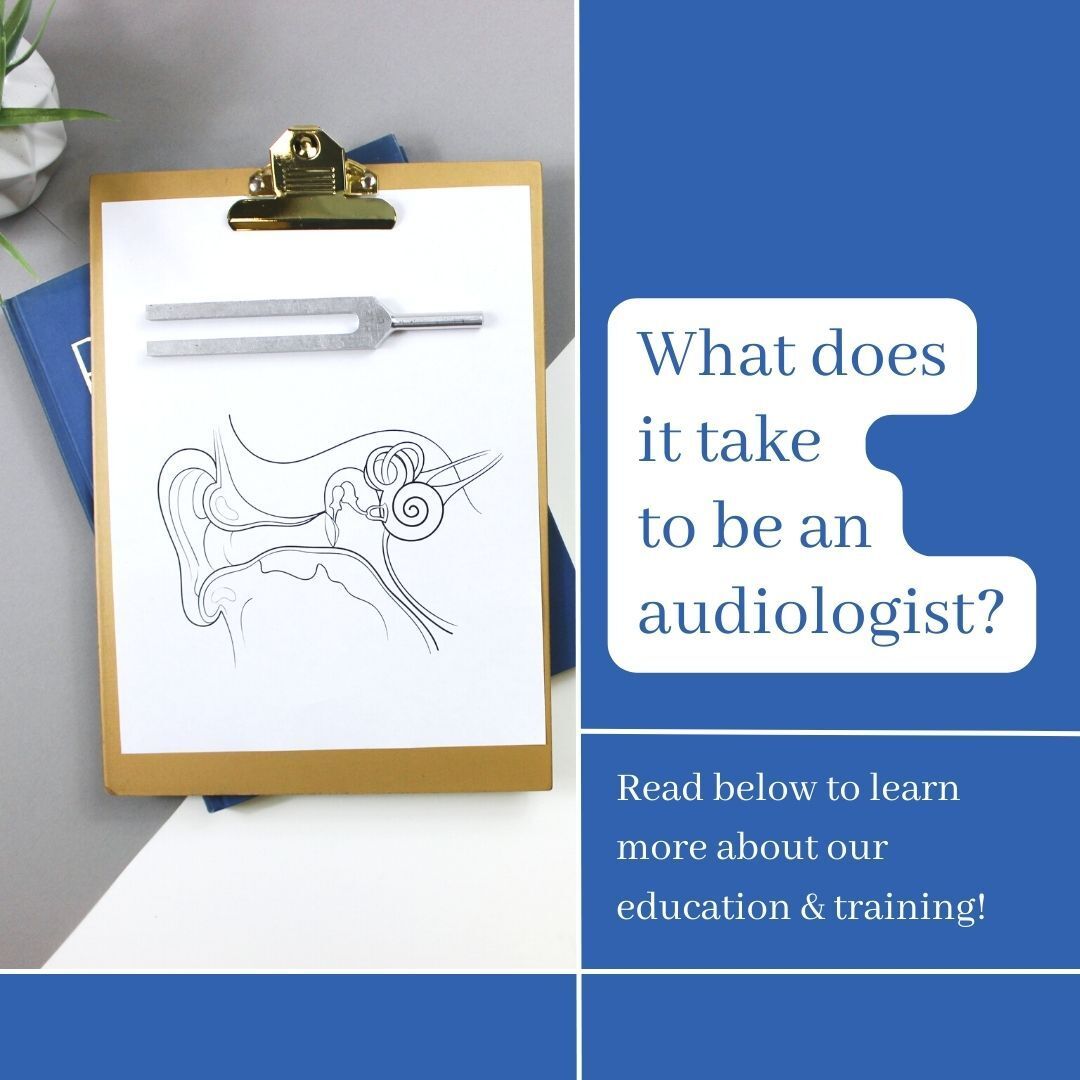
Audiology is a challenging career option consistently rated as a top job choice each year. Since May is Better Speech and Hearing Month, we wanted to highlight the wonderful profession of audiology and what it takes to be successful in this career.
How Much Education?
Many people don’t understand the amount of education needed to excel in this field. To become an audiologist in the United States, you must obtain both a bachelor’s degree and a Doctorate of Audiology (aka an Au.D.). While completing your Au.D., you undergo three years of classes followed by a one-year fellowship or externship. After graduating, all audiologists must continue their education to maintain state licensure.
Also, some audiologists choose to complete special training in areas such as tinnitus, cochlear implants, pediatrics, hearing aids, and more. Sound like a lot? It is, but it’s worth it!
Why Become an Audiologist?
After naming all the work that goes into this career, some may wonder if the benefits equal the output. Some of us were led to this career because we witnessed a friend or family member struggling with hearing loss. Others began their college careers in speech pathology majors and were later introduced to, and absorbed by, classes on hearing loss and audiology.
Another benefit of being an audiologist is that they have a lot of flexibility with their career. Audiologists can work in many different settings–from private practices, to hospitals, to university clinics, to schools. Audiologists can also work with patients of all ages–newborns to the elderly–and they also have several options for specialties, including:
→hearing aids
→cochlear implants
→tinnitus
→pediatrics
→dizziness
→auditory processing disorder
→and more!
A Brief History of Audiology
The field of audiology is relatively young, with the first audiology program created only in 1946. As World War II progressed, service members who were deployed often returned home with reduced hearing and speech recognition. As a result, the field of clinical audiology was
formalized to assist the many young and otherwise healthy service members who required rehabilitation (audiology.org).
The Numbers
According to the National Institute on Deafness and Other Communication Disorders, about 13% or 30 million people aged 12 and older suffer from hearing loss. As the prevalence of hearing loss rises, the shortage of audiologists in the United States increases.
Conclusion
Audiology as a career is not for everyone, but the select few who seek out an expertise in this area are highly trained, motivated, and determined to provide you with exceptional care. If you are interested in learning more about the topics audiologists are interested in, be sure to read some of our other articles.
As always, we are happy to answer any questions that you may have, and if you know someone who is currently struggling with their hearing, you can recommend them in confidence, knowing that our team has the expertise to provide careful and caring service.
Sources:
Lin FR, Niparko JK, Ferrucci L. Hearing loss prevalence in the United States. [Letter] Arch Intern Med. 2011 Nov 14; 171(20): 1851-1852.
